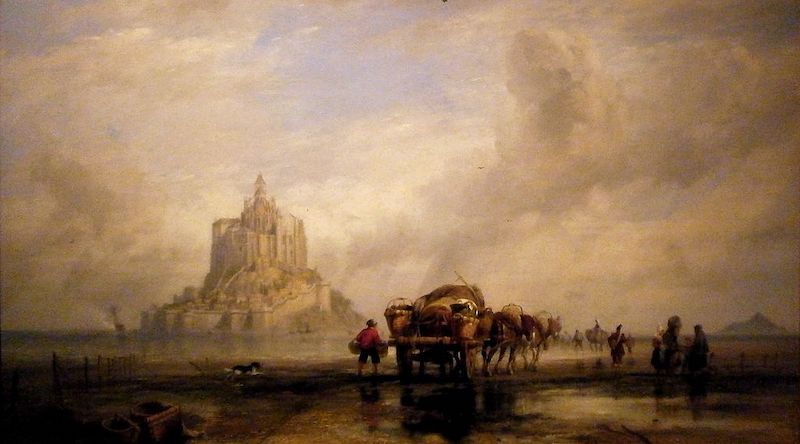The Christian treads a strange path. As the saying goes, we are mere pilgrims on this earth. God became man, took up a place, took on flesh, and yet we are passing guests. Our very word for pilgrim comes from the Latin for “foreigner.” The whole Christian life unfolds as a journey of restless ascent—of seeking a distant home while living in a foreign land. The Psalmist cries out in fervor:
Hear my prayer, O Lord,
and give ear to my cry;
do not hold your peace at my tears.
For I am your passing guest,
an alien, like all my forebears. (Ps 39:12)
It is true that God is the strength and stay of each and every banished child of Eve wandering in this vale of tears. How we live in the world ought to reflect this truth. It is quite natural, then, that the Church, in her wisdom, has a long and venerable tradition of journeying for the sake of prayer, penance, and praise. We speak, of course, about pilgrimages.
For the Jews, a journey to the Holy Land was their one chance to stand in the presence of God in the Temple. As Christians, our Lord is not in Jerusalem: he has conquered the world. For the Muslim, the pilgrimage to Mecca is a tenet of religious duty. As Christians, confession on the lips leads to salvation: not a journey across the desert. And yet, journeys in place and to place teach us something of the space between two lands. It prepares us and makes present our true home—heaven—while recalling that our home here below God has called good (Genesis 1).
A pilgrimage must be a physical movement just as Christ went back and forth from Galilee and Jerusalem, and everywhere in between. The journey of the pilgrimage, the Christian’s travel to a holy site, shrine, or place of remembrance—is just as important as the destination. For Saint Thomas, man is one who is “on the way,” he is the viator. His weary feet remind him he’s a wanderer, with a journey that itself readies him for the destination. Pilgrimage reminds us that we are meant to keep moving. The pilgrim prays and renews devotion, so long as the gravity of the journey moves us to a still greater destination. Pilgrimage is a journey to the past, through the wonders the Lord has done. It is an awareness of his present glory. Finally, it is a preparation for the home he has promised.
Taking all this into consideration, Dominicana presents this series, published in the upcoming Saturdays, for your consideration and enjoyment. Several brothers have written of their experiences as pilgrims, the unique character of the pilgrimages they went on, and the fruits garnered along the way. Some were already friars at the time; others were not. Some traveled an hour away; others spent weeks across the globe. We hope their reflections inspire you with a desire to take up the pilgrim’s staff.
✠
Image: Edward William Cooke, Mont Saint Michel, Normandie







